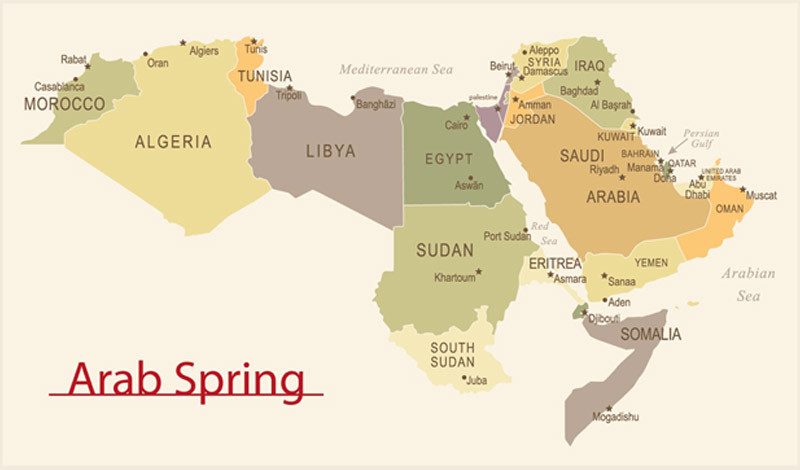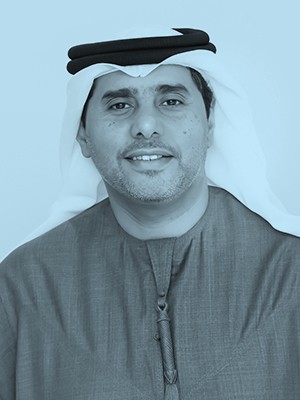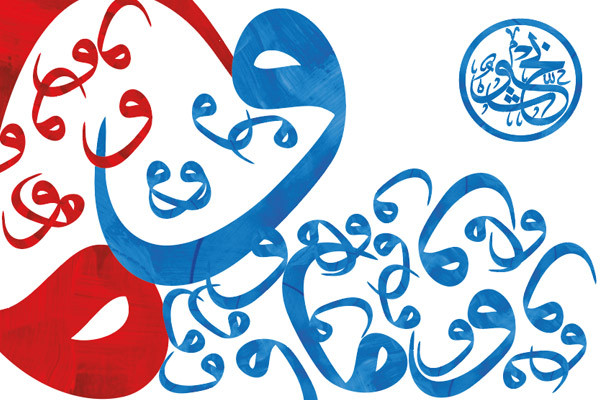The Post Arab-Spring State: Parliaments and Beyond
When thousands of protesters sat down in squares around the Arab world, from Tahrir in Egypt, Tagheer in Yemen to Iradah in Kuwait, they pointed their demands in one word "Leave". Leave, however, was the short form of a far meaningful and important phrase, "The People Want you to Leave". Changes so far have achieved the short form, but they have not come close to manifesting, "The People Want".

- by Mohammed Abdul Rahman Baharoon ,
- Tuesday, 7th February, 2012
The uprisings in the Arab world were in essence an attempt to restore the fundamental legitimacy of the government by bringing it back to its roots, to the people. The masses of mostly young people who came out in the streets obviously forced change. But they have left unanswered some vital questions about what goals the changes can serve.
The outcry Leave drove away the heads of the regimes in Tunisia, Egypt, Libya, apparently Yemen, and perhaps Syria. However, though the heads of regimes may have left, the bodies of those regimes remain. No power has yet assuredly transferred from the government to the people. The new realities seem to lack depth and to risk impermanence.
Arab Spring may have removed dictators and may be leading to some positive outcomes: more realistic elections, opening the door for a wider publics participating in selecting members of parliament or government, and possibly amending constitutions in important ways. But it hasn’t overhauled the form of the state to accommodate for the long term the important assertions of street power the world witnessed.
The people the source of a political systems legitimacy remain ready to resort to the tactic by which they regained their identity and political efficacy. Lack of any governance tool that fundamentally incorporates this energy of the people want into the political system threatens to drive people again to the streets whenever they sense injustice. In Egypt, people have rushed to Tahrir and Maspero to object to the appointment of a prime minister; but they also have shown up to oppose as little as an increase of poultry feed prices.
"The People Want" principle of the Arab Spring equation is obviously still alive and could properly understood and managed produce real political change such as sustainable public participation in governing. But the principle also risks losing its impact and becoming to the general population a public nuisance.
To understand and guide this new vitality we need to ask: Will this new self-aware power of streets, if limited to nothing more than the ability to vote once every 4 or 5 years, produce social stability, ethical leadership, economic improvement, and far-reaching security and peace in the region?
This question begs a question about governance in these countries. State structures, whether in Egypt, Tunisia, Libya, or Oman or even Morocco, which underwent a "quiet spring “seem not to have introduced anything tangible beyond some new faces in temporary leader ranks. The legacy parliamentary model of one-person-one-vote shows no mechanism that can integrate the community into the political decision-making process in a dynamic and sustainable manner. Long recommended and sometimes pursued development of civil society and basic as well as political literacy society’s learning of multiple ways of pursuing collective interest continue in their infancy. Thus, reversion to old political habits remains a risk.
Though Egypt’s media and civil society are more developed than Yemen’s for instance, people in the street need to be able to trust and know how to use these tools that could help them to become a constant part of the process. Neither media nor civil society organizations were strong enough to hold the state accountable to ending corruption. Instead, masses in the streets had to call for public accountability. In the absence of a mechanism that ensures that the people can now hold leaders including political parties accountable whenever debate heats up, the only path the public sees open leads back to the streets. This attitude and behavior will hinder all development plans rather than support them.
The ambiguity of the political scene in the post Arab spring countries will make any discussion of developing governance systems difficult, but that discussion needs to take place--soon.
The governance discussion needs to assess whether to try to rejuvenate and legitimize parliamentary organizations by shortening legislative terms of office. This would increase responsive representation in parliaments by giving people more power to hold MPs accountable to their promises. But it would also risk shortening tenure in office. This would reduce legislators’ opportunities to develop substantive understanding of issues, strengthen policy-making skills, challenge executive authority, and thereby produce improved laws and deepen public acceptance.
Another option could be to link parliaments organically with civil society organizations, perhaps by involving these organizations or their representatives in joint committees, policy research, and public education on issues and options. Such organizations are test beds for members of the public to learn both the skills and responsibilities of political participation. A risk is that they are subject to capture and manipulation by partisan interests and, thus, they require continual reminding of their place in the larger society.
Perhaps the UK model of forming a Shadow Government" could increase accountability and sustainability. Civil society organizations could form such a government or parliament to create a wider discussion of the issues that are on the streets agenda. Tolerance of diversity of views would be a constant but workable challenge for this model.
Further, parliamentarians could develop the practice and hone the tools of active communication with the community at large being in constant touch with constituents through the media and face to face. A challenge in this mechanism is how to meet the budget requirements of such communication without at the same time denying non-incumbents similar opportunities to share their views.
Post-Arab Spring countries bear the responsibility to capture and drive the reformers insights and will in constructive directions. They also need to assume consciously the responsibility to become political laboratories for the region, pioneering the development of systems of good governance in the Arab world that respond to the values of Arab societies. They can walk down less trodden paths, leading us to new horizons. We need to understand and respect their efforts, withholding our judgment until we see the outcome of their experiences.

Mohammed Abdul Rahman Baharoon
Director General
Read More
Areas of Expertise
- Geo-strategy
- Reputation and soft power
- Public Policy and International Relations
Education
- Master’s degree in English Literature from Texas Tech University in 1995
- English Major from Kuwait University in 1987
Bio
He perused a career in media as a reporter for “Al Arabi” Magazine, Al Ittihad newspaper, and then Editor for Gulf Defense Magazine before starting as director of research at both and focusing on the interplay between Geostrategy and policymaking in governance, stability, capacity building, and future-proofing.
Mohammed has also worked as Deputy Director of Watani (UAE’s first initiative on National Identity) and is also a founding member of the board of “Bussola Institute” a think tank in Brussels that focuses on the changing and emerging aspects of the partnership between the EU and the GCC member states.
As part of his interest in the emerging geostrategic space of the Arabian Peninsula, Mohammed looks at Iran as part of the development of the area as a major trade artery. This development implies developing a sustainable relationship with its regional neighborhood on the Arabian Gulf, The Arabian Sea, the Red Sea, or the Mediterranean. Iran is a major component of that space and becoming more adaptable to the modernization process will allow it to become part of the future development of the region.

